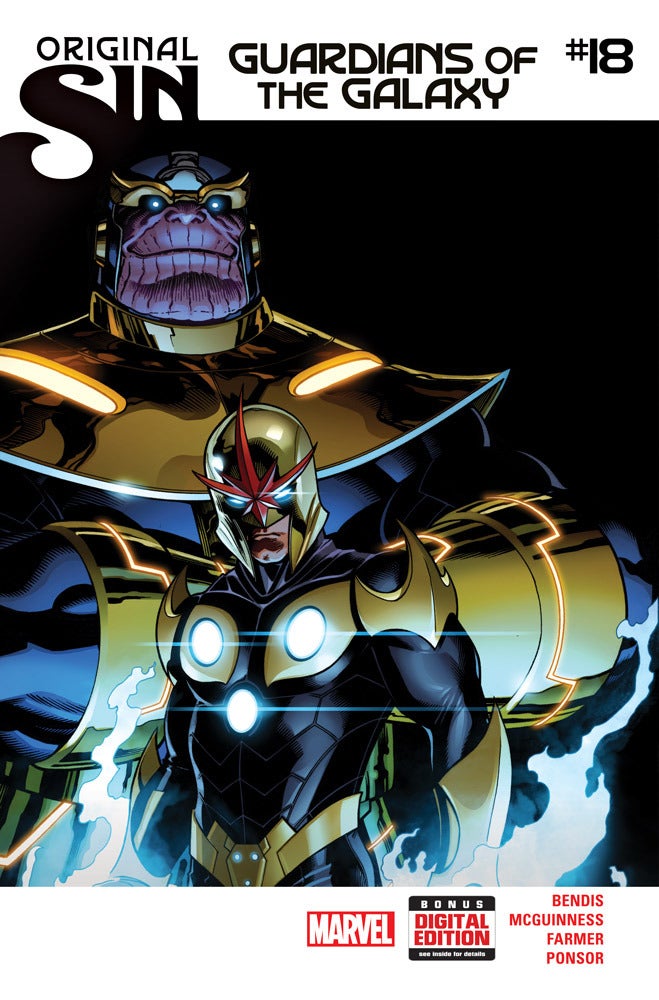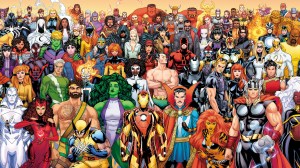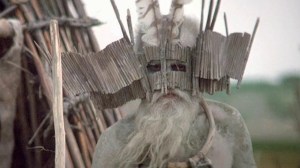
Prequel narratives face an interesting challenge. The ultimate outcomes of these stories are already known. In the Star Wars prequels, Anakin will become Darth Vader. In Batman: Year One, Bruce will become a successful hero. The ending is a known quantity. The drama of the story must come from the actions and choices characters make in order to reach that outcome, but that is true of all stories whether they are prequels or not. Knowing the outcome is not actually a challenge to telling an effective story. The biggest sin of Guardians of the Galaxy #18 is that it does not tell a story; nobody makes a decision. Nothing really happens.
Videos by ComicBook.com
The comic starts by introducing a secret that has existed for more than two years and a reason, albeit a vaguely motivated one, for it to be revealed. The events of The Thanos Imperative ended with the loss of several significant heroes and villains, most of which reappeared before a year had passed. The reason behind their return has not been explored though and this issue is marketed as an Original Sin tie-in that will reveal the truth. Does it count as a spoiler to say that nothing new is actually revealed?
Star-lord’s tale begins and ends with the same status quo in place. It starts with Star-Lord and Nova holding Thanos in the Cancerverse to ensure his demise and that is where this issue concludes. There is some discussion. There are some jokes. One character reappears to everyone’s surprise. It’s difficult to call the result a story though. Story is driven by decisions. Characters make choices that have consequences that result in more choices being made. That is an incredibly reductive model of how storytelling works, but it brings out what is most important: cause and effect. Dialogue, humor, and surprises are all window dressing to that essence. This issue functions as an excerpt from a story, not as a complete narrative or a chapter of a larger whole. I expect more from twenty pages of comics.
The lack of a narrative doesn’t leave Guardians of the Galaxy #18 without value though. Ed McGuinness and Mark Farmer provide pencils and inks, respectively, and their work is marvelous. McGuinness has always excelled at composing big, bombastic superhero action and is given plenty of opportunities to do so here. Characters crash across two-page spreads battering one another with cosmic powers. Two-fisted blows send heroes and villains alike flying through space. The action may lead nowhere, but it is still exciting.
Farmer’s inks and Justin Ponsor’s colors help assure the effectiveness of the compositions. Ponsor helps to set the stage with deep blues and unearthly purples, establishing the Cancerverse as a cold, dangerous place. A less noticeable effect may be that of the various reflections bouncing off of all of the costumes. Metallic parts look appropriate primarily due to Ponsor’s attention to light sources and the contours of surfaces. For overstated action, he brings a surprisingly subtle touch.
Comics aren’t a balancing of various aspects like composition, color, story, and words; they’re a fusion of all these things. No matter how effective one aspect of a comic may be, it still must work in combination with everything else in order to construct a finished piece. The art in Guardians of the Galaxy #18 is big superhero action at its best, but the complete lack of drama and storytelling left me cold.
Grade: C-








